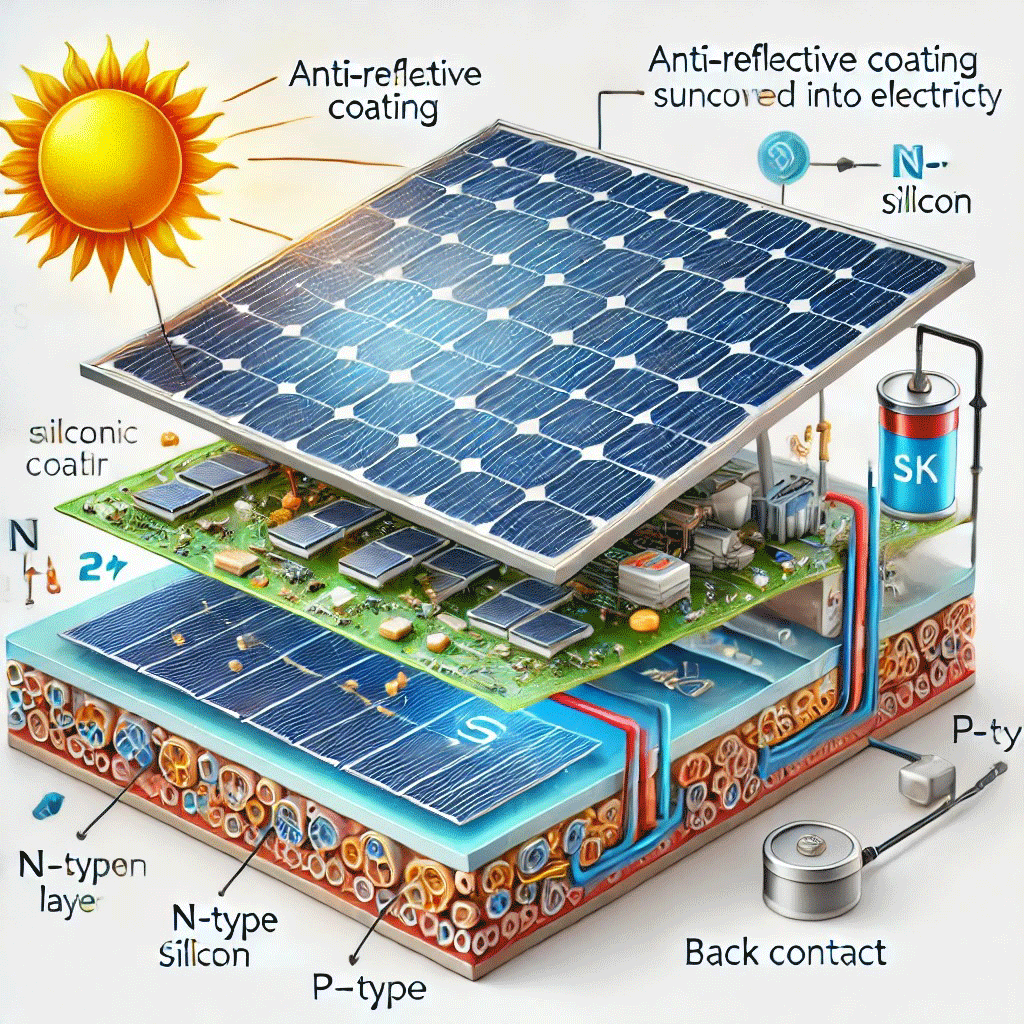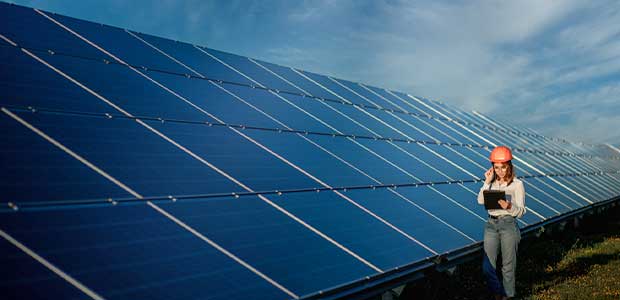Solar Power 101: A Newbie's Guide to Sustainable Power Solutions
As the globe increasingly moves in the direction of lasting energy remedies, understanding the fundamentals of solar energy comes to be vital for both individuals and organizations. This guide provides a detailed overview of solar power, outlining the numerous systems offered and the mechanisms behind their operation. By exploring the advantages of solar technology, together with the monetary motivations and setup processes, one can get a clearer point of view on just how to properly integrate this renewable source right into their energy technique. The trip toward embracing solar energy welcomes additional assessment of the difficulties and considerations that come with it.
Understanding Solar Power
At its core, understanding solar energy entails comprehending the essential concepts of just how sunlight can be converted right into usable electrical power. Solar energy is derived from the sun's radiation, which can be taken advantage of with different technologies.

Recognizing solar power also entails recognizing its ecological advantages. By utilizing sunlight, we can reduce greenhouse gas discharges and lower air contamination, adding to a much more sustainable future. The innovations in technology and performance of planetary systems remain to boost their practicality, making solar power a progressively appealing option for worldwide energy demands.
Kinds Of Solar Power Systems
Various sorts of solar energy systems are generally employed to harness solar power for electricity generation. The key groups include photovoltaic or pv (PV) systems, focusing solar energy (CSP) systems, and solar thermal systems.
Photovoltaic systems utilize photovoltaic panels made up of silicon cells that convert sunlight directly right into electricity. These systems are functional and can be set up on roofs, ground places, or integrated right into building products.
Concentrating Solar Power systems, on the various other hand, utilize mirrors or lenses to focus sunshine onto a tiny area, producing heat that drives a heavy steam turbine to generate electrical power - Simply Solar Illinois. CSP systems are normally deployed in large power plants and require direct sunlight, making them much less ideal for gloomy areas

Each type of solar energy system has its one-of-a-kind features, applications, and viability relying on geographical area, energy requirements, and spending plan, making it necessary to assess alternatives based on certain conditions. - Simply Solar Illinois

Benefits of Solar Energy
Using solar energy with different systems not only provides a lasting way to create electrical power but also offers a plethora of benefits. Among the most considerable benefits is the reduction in greenhouse gas exhausts, adding to a cleaner atmosphere and combating environment adjustment. Solar energy is renewable, suggesting it is limitless and readily available as long as the sun radiates, unlike fossil fuels, which are finite and depleting.
Additionally, solar power can lead to considerable price savings with time. Homeowners and services can decrease their electrical energy costs significantly, and in a lot of cases, they might make debts for excess power generated through web metering. Furthermore, the solar industry develops tasks, from producing to installment, stimulating regional economies.
One more compelling benefit is energy independence. By generating their very own electrical power, people and communities can minimize dependence on exterior power sources, boosting resilience versus varying power costs and supply disturbances. Furthermore, solar power systems require marginal maintenance, making them a practical choice for sustainable energy generation.
Installation Refine Overview
The installation procedure for solar power systems typically involves numerous crucial actions click for source that guarantee effective assimilation into a residential property. A thorough site analysis is performed to review the roof's orientation, shielding, and structural stability, which are vital to enhancing solar panel performance. Following this analysis, the style phase commences, where a customized solar power system is configured based on the home owner's energy requirements and preferences.
As soon as the layout is settled, the required licenses and approvals are obtained from local authorities, making certain compliance with regulations. The real installation includes installing the photovoltaic panels on the roofing system or ground, attaching them to an inverter, and integrating the system with the residential property's electrical configuration. This phase may additionally include mounting battery storage systems, depending upon the design.
With the setup complete, the solar power system can start producing sustainable energy, contributing to sustainability and decreasing Find Out More energy costs. This structured strategy makes sure that solar systems are both reliable and reputable, maximizing their long-term benefits.
Financial Incentives and Cost Savings
Discovering the financial rewards and savings connected with solar energy systems can dramatically boost the appeal of making the switch to sustainable power. One of the most noteworthy incentives is the government solar tax credit report, which permits home owners to deduct a percentage of their solar system installment expenses from their federal taxes.
Along with tax obligation credits, lots of states provide refunds that can additionally decrease in advance costs. Some energy business likewise offer performance-based rewards, rewarding solar power production in time. Funding choices, such as solar finances and leases, allow customers to set up systems with little to no down repayment, making solar power more available.

Furthermore, solar systems can raise building values, giving a solid return on investment. Overall, the combination of motivations and savings makes solar power an economically attractive selection for lots of families.
Verdict
To conclude, solar energy stands for an essential element of sustainable power services, supplying a pathway toward minimized carbon footprints and boosted environmental protection. The diverse types of solar power systems, coupled with substantial economic rewards, facilitate wider adoption among people and communities. Understanding the installation procedures and advantages connected with solar energy go to this website encourages stakeholders to make informed choices. Inevitably, the transition to solar power not only promotes ecological responsibility yet also promotes economic financial savings and power independence.